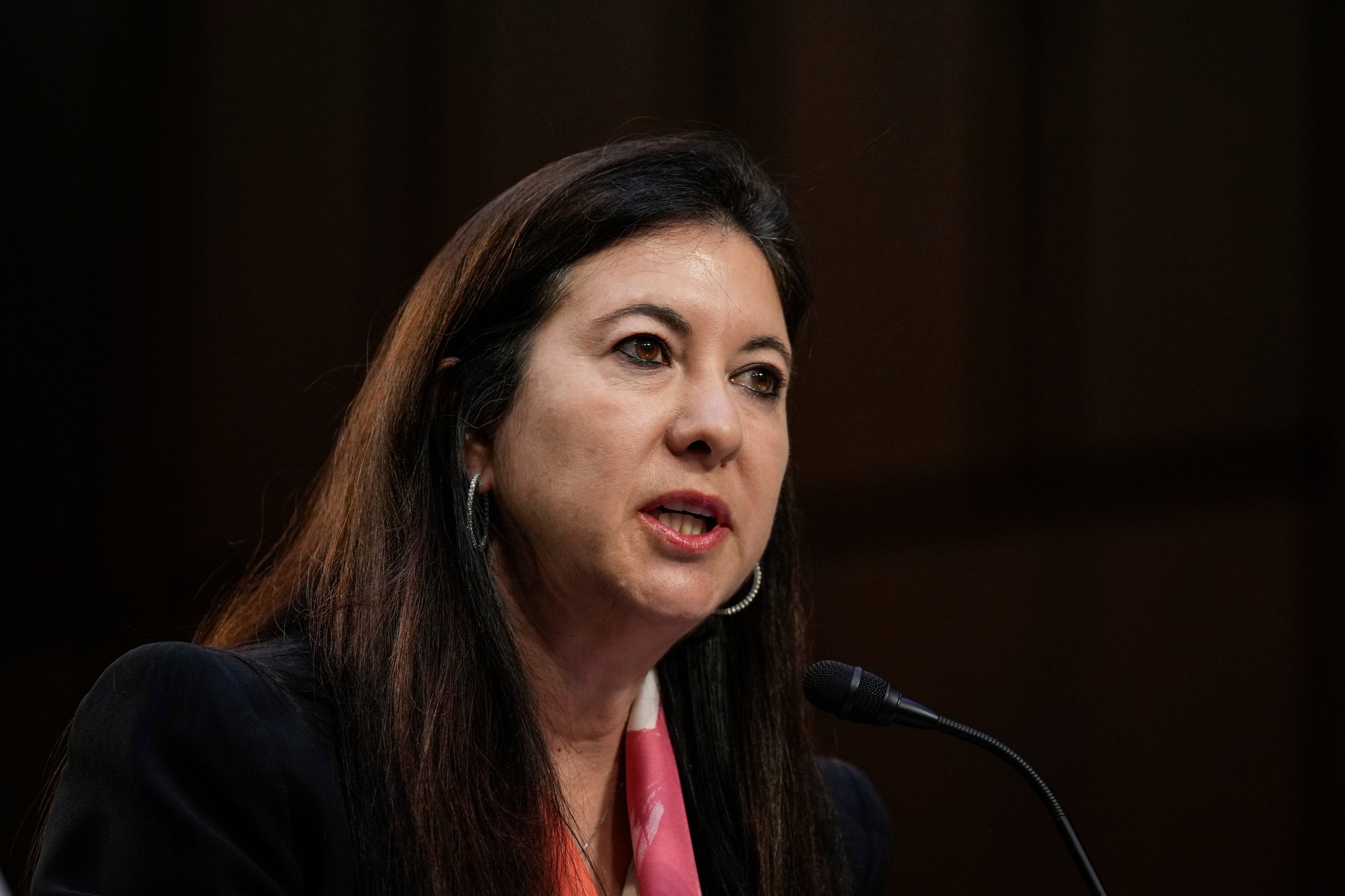Higher prices, falling incomes: A Fed governor says the tariff pain isn't over yet
Adriana Kugler is the latest Fed official to link tariffs with inflation and decreased wages

The trade war agreement won’t be enough to avoid price hikes, a Federal Reserve governor said Monday.
Suggested Reading
“Trade policies are evolving and are likely to continue shifting,” Fed governor Adriana Kugler said during a speech in Dublin in one of the biggest understatement’s of the year so far.
Related Content
Kugler said high tariffs would “primarily act as a negative supply shock,” spurring inflation, decreasing wages, and lowering growth. Fellow Fed governor Michael Barr made similar comments on Friday. New York Federal Reserve president John Williams said last month that he expects tariffs to bump inflation up to 4%; it was 2.4% as of March.
Just before Kugler gave her speech in Dublin, the U.S. and China announced a deal to crawl back some of the spiralling tariffs in the trade war of recent months. The U.S. will temporarily reduce tariffs on Chinese goods to 30%, down from 145%, while China will lower tariffs on American products to 10%, down from 125%.
Last Wednesday, China cut its interest rates to stimulate spending amid the trade war. The same day, the Federal Reserve left the interest rate unchanged at 4.25%, while it waited to see the impact of President Donald Trump’s erratic trade policy.
The Fed cited a steady unemployment rate and expanded economic activity as positive signs. In April, 177,000 non-farm jobs were added to the U.S. economy — despite massive layoffs happening in the public service.
The next day, Trump said that Federal Reserve chair Jerome Powell didn’t want to lower interest rates “because he’s not in love with me.”